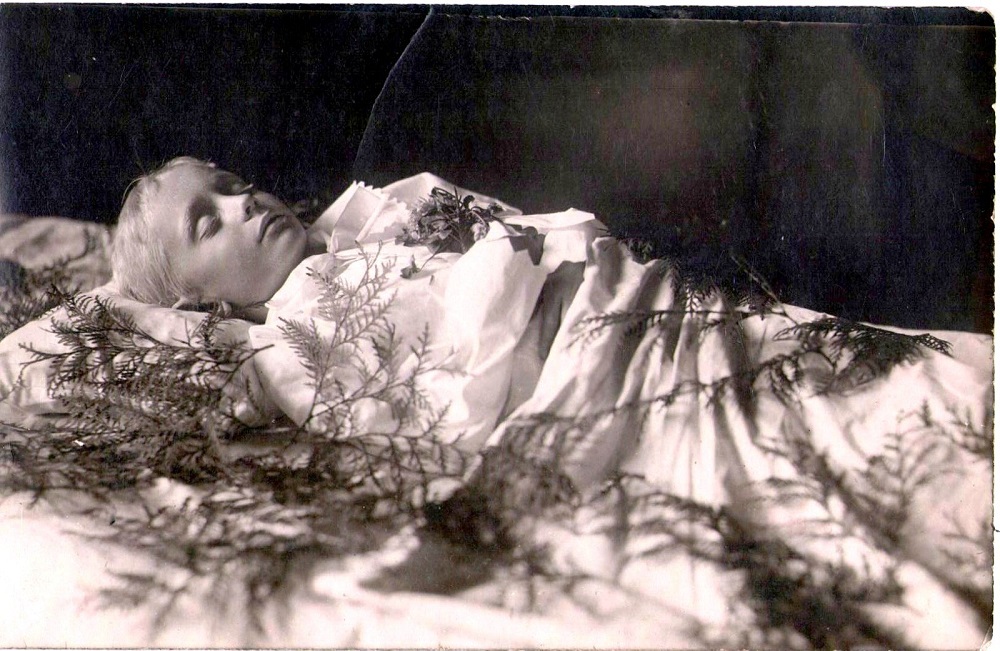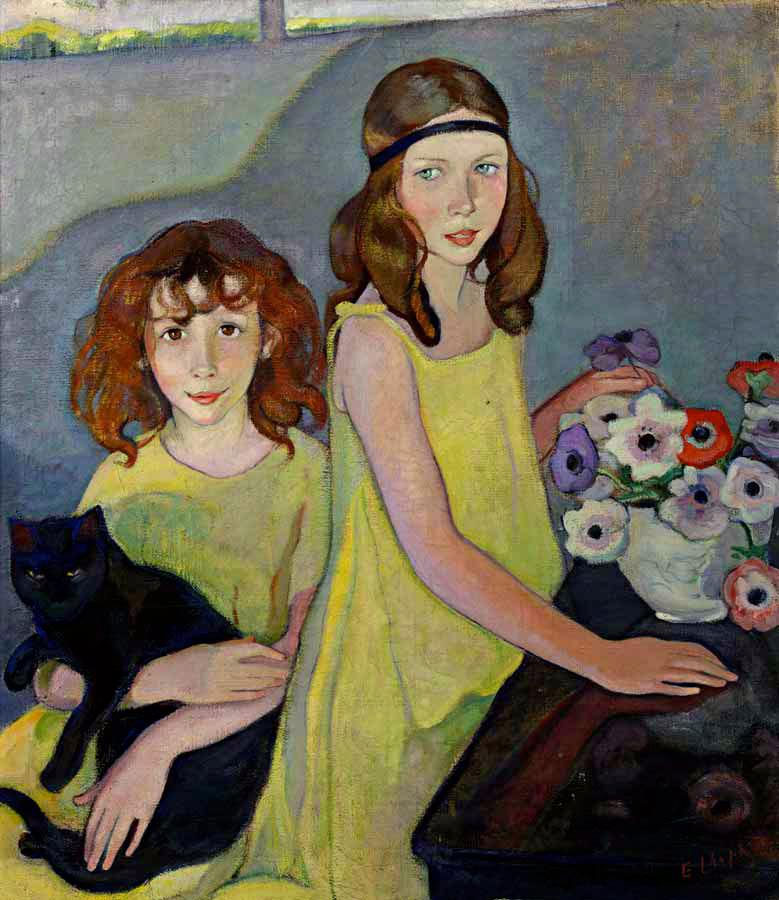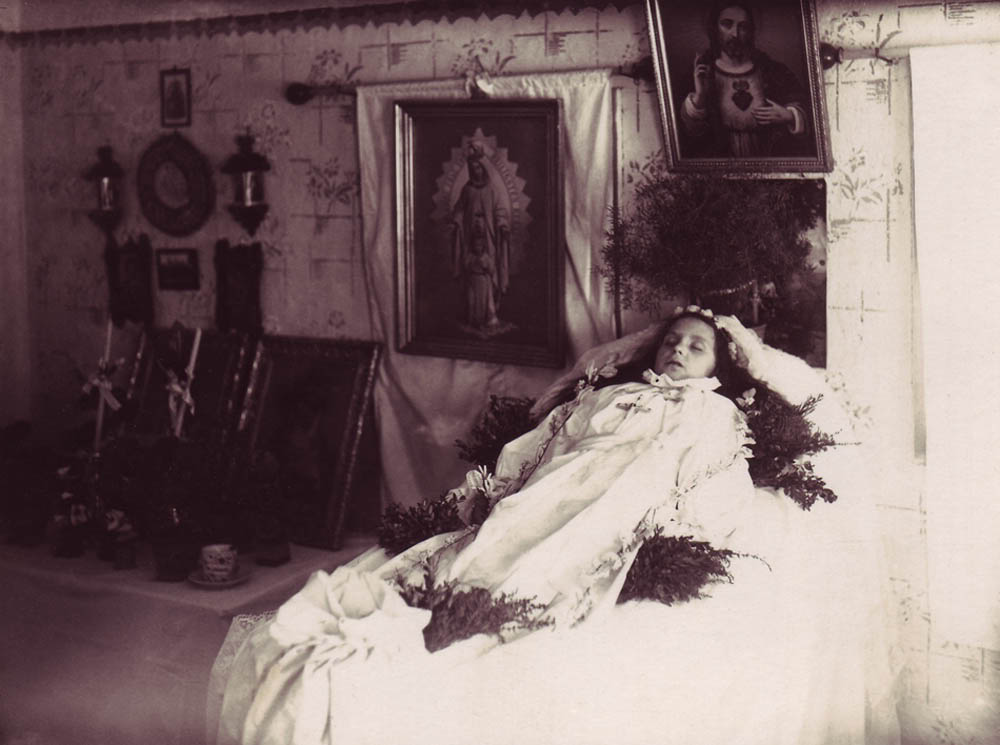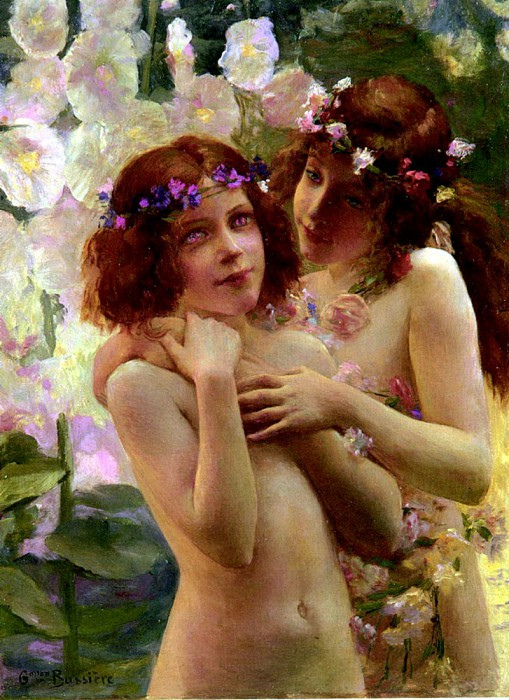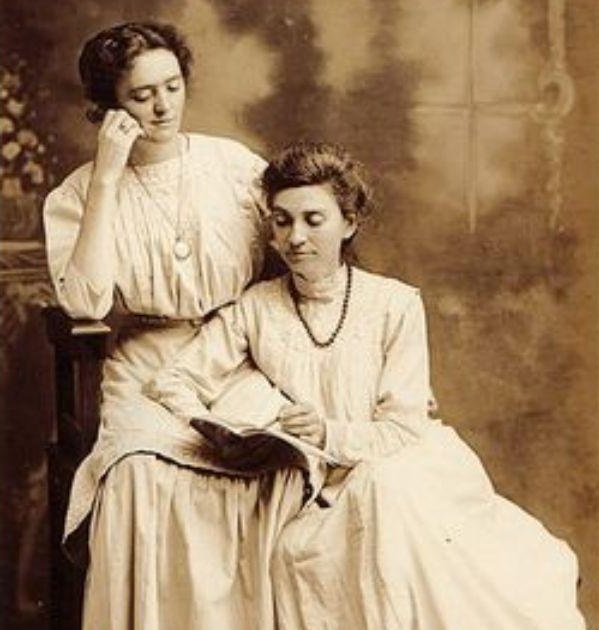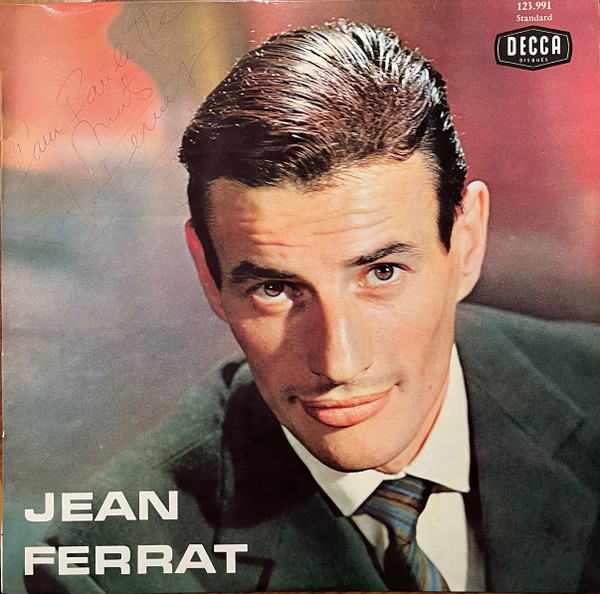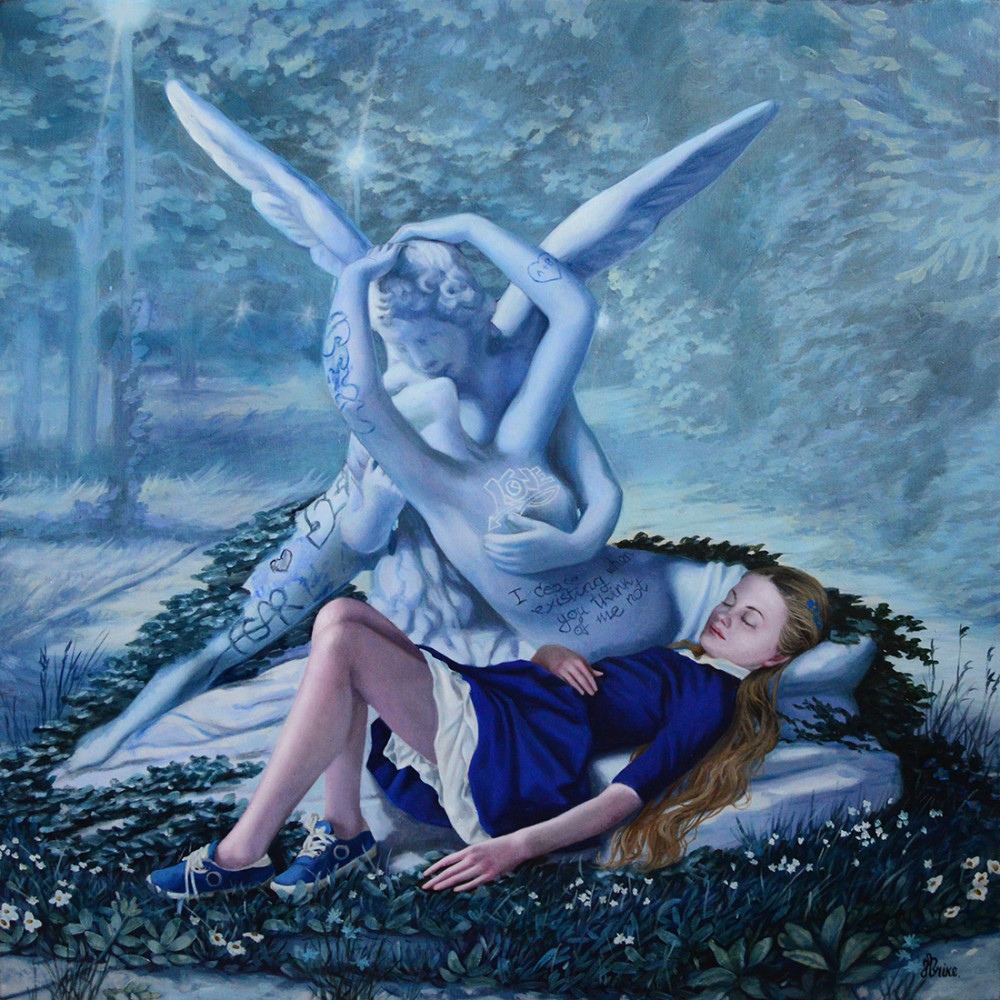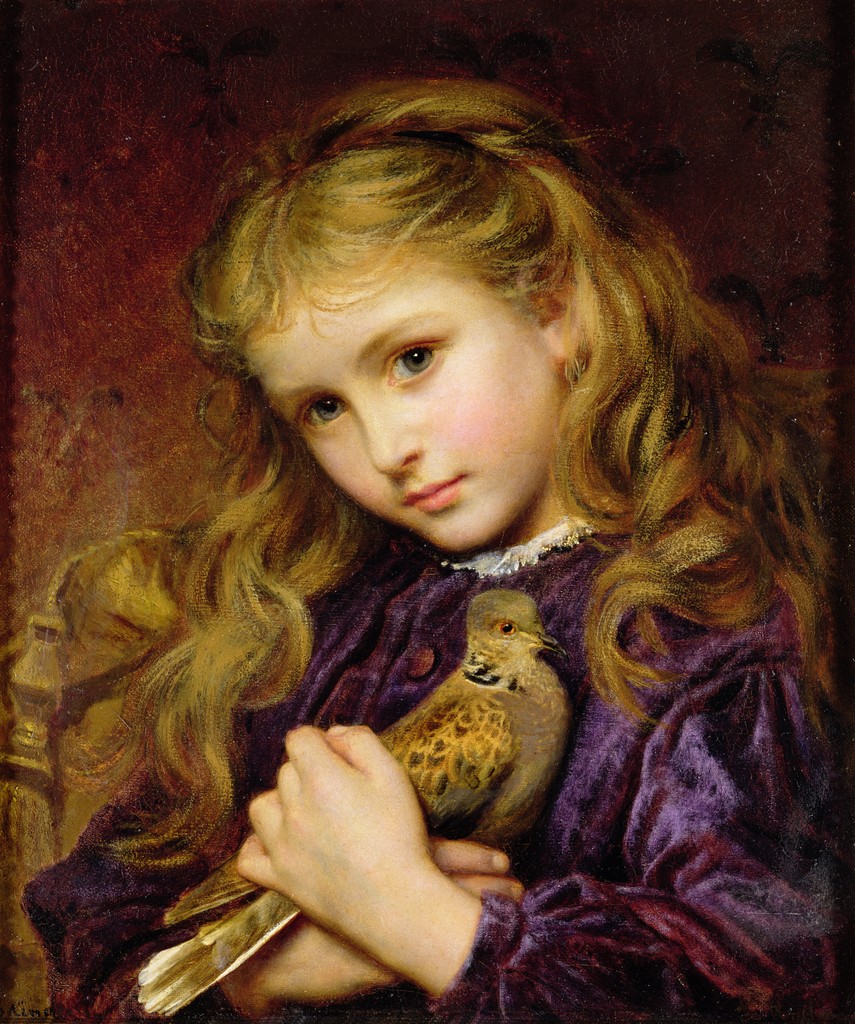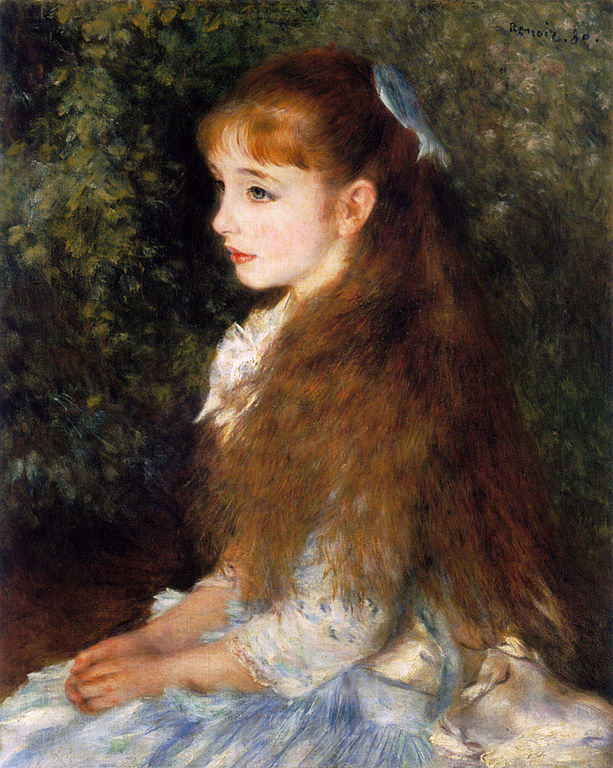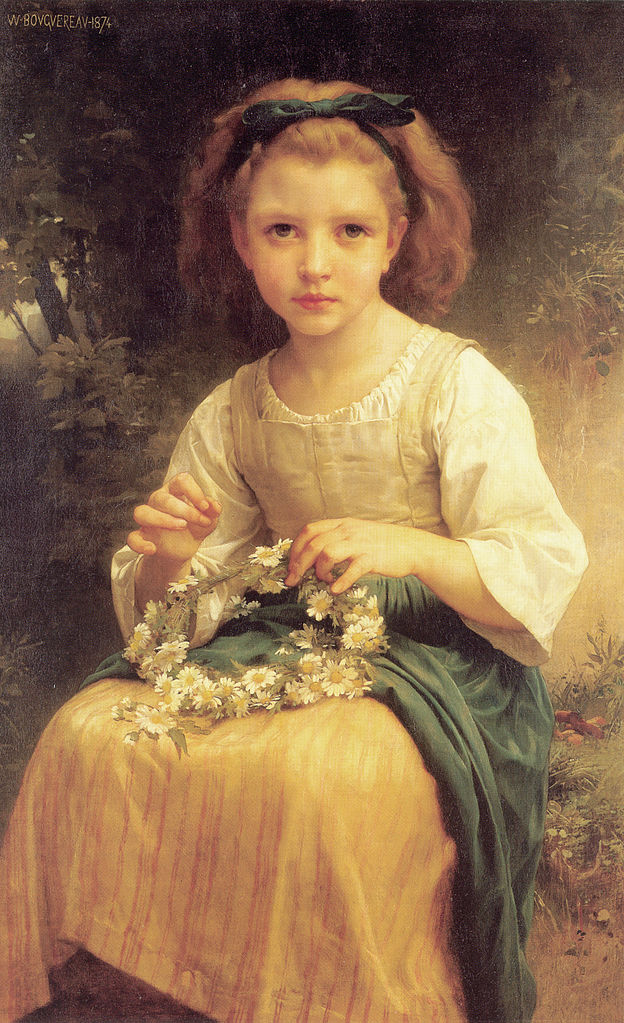
This sweet poem by John Clare comes from his beautiful collection Asylum Poems, written while he was interned in a lunatic asylum. It tells the love he shared with a young girl, and he gives her a lovely name: Mary Littlechild. It probably refers to his first love, Mary Joyce, whom he courted briefly at age 16, until her father put an end to their relation. She remained his ideal of love and beauty, and when he lost reason, Clare believed that Mary Joyce was his true wife. In July 1841, Clare absconded from the asylum and walked 140 km home, intent on returning to Mary. CONTINUE READING / CONTINUER LA LECTURE…


